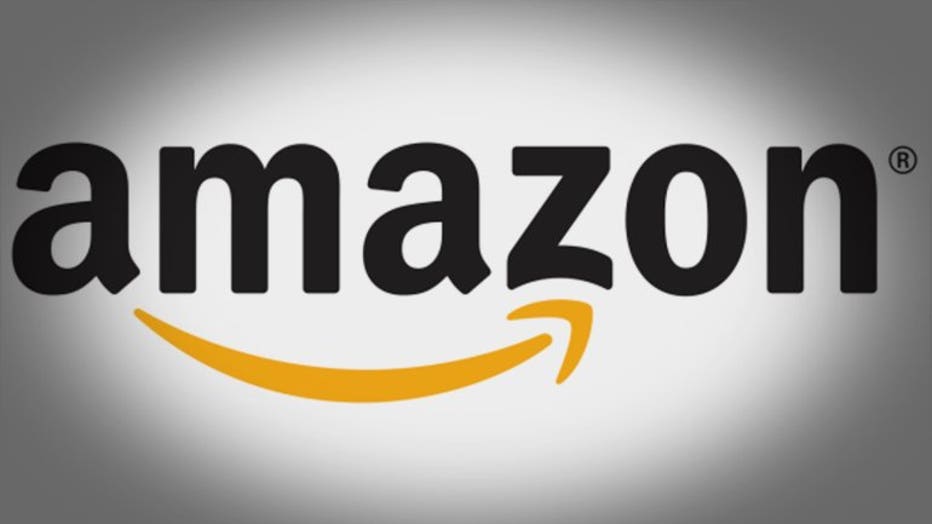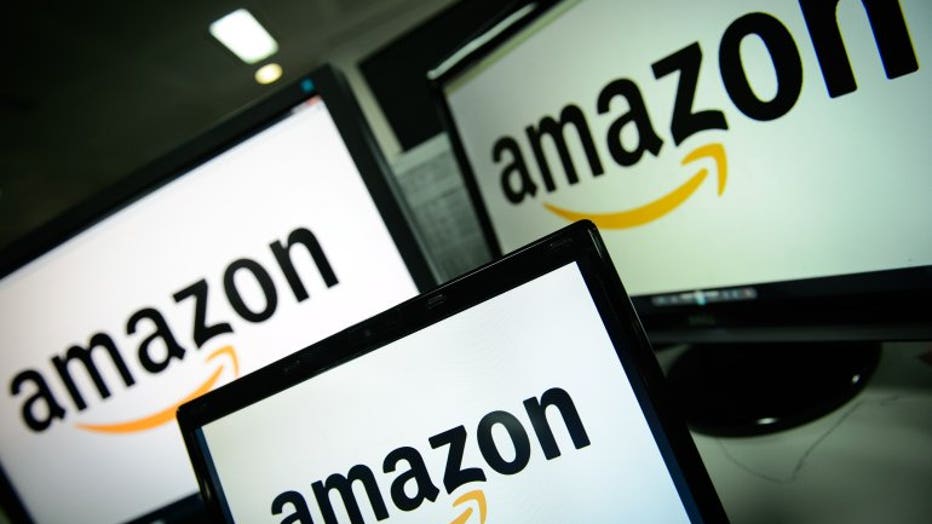Milwaukee makes a pitch to be home to Amazon's new $5B headquarters
MILWAUKEE -- Amazon, bursting out of its Seattle headquarters, is hunting for a second home. Must haves: A prime location, close to transit, with plenty of space to grow. Mayor Tom Barrett believes with City of Milwaukee is that location.
On Thursday, September 7th, Barrett wrote a letter to Jeffrey Bezos, founder and CEO of Amazon.com, expressing the city's interest in being the home to a new Amazon headquarters.
The mayor said the following in the letter:
"I'm proud to say Milwaukee meets all your requirements and even prouder to say our incredible renaissance would compliment your vision.
"You will learn more about all the great assets we possess as a city and region when we submit our proposal next month. But I couldn’t wait to let you know how excited we would be to have you on America’s 'Fresh Coast.'"

The days shopping tax-free with Amazon are coming to an end.
Amazon said Thursday that it will spend more than $5 billion to build another headquarters in North America to house as many as 50,000 employees. It plans to stay in its sprawling Seattle headquarters and the new space will be "a full equal" of its current home, said founder and CEO Jeff Bezos.
Amazon's announcement highlights how fast the company is expanding and is certain to create a scramble among cities and states vying to make the short list. They have a little more than a month to apply through a special website , and the company said it will make a final decision next year.
It didn't hint about where it might land, but its requirements could rule out some places: It wants to be near a metropolitan area with more than a million people; be able to attract top technical talent; be within 45 minutes of an international airport; have direct access to mass transit; and wants to be able to expand that headquarters to as much as 8 million square feet in the next decade. That's about the same size as its current home in Seattle. Co-headquarters, though, often come about as a result of mergers.

Amazon said its search is open to any metropolitan area in North America that meets the parameters — the city itself doesn't necessarily have to be a million people — but declined to say how open it was to going outside of the United States.
"We want to find a city that is excited to work with us and where our customers, employees, and the community can all benefit," the company said on its search website, about why it was choosing its second headquarters through a public process.
Bezos has crowdsourced major decisions before - in June, just before Amazon announced its plan to buy organic grocer Whole Foods, the billionaire took to Twitter seeking ideas for a philanthropic strategy to give away some of his fortune. And tech companies have been known to set places in competition with each other: In vying to land Google's ultra-fast broadband network, many cities used stunts and gimmickry to get the company's attention. Topeka even informally renamed itself "Google, Kansas."
In just the last month, Amazon announced plans to build three new warehouses that pack and ship packages in New York, Ohio and Oregon. And it recently paid close to $14 billion for Whole Foods and its more than 465 stores. The company plans to hire 100,000 people by the middle of next year, adding to its current worldwide staff of more than 380,000.
Amazon's current campus in Seattle takes up 8.1 million square feet, has 33 buildings and 24 restaurants and is home to more than 40,000 employees. At the second headquarters, Amazon said it will hire up to 50,000 new full-time employees over the next 15 years who would have an average pay of more than $100,000 a year.
Amazon's website about the search lauds the benefits it can bring to a community. And Amazon's arrival could transform an area: Until 10 years ago, the neighborhood near Seattle's campus just north of downtown was dotted with auto parts stores and low-rent apartments. Now the area is a booming pocket of high-rise office complexes, sleek apartment buildings and tony restaurants.
Amazon's rise has not been without local critics, who say the influx of mostly well-heeled tech workers has caused housing prices to skyrocket, clogged the streets with traffic and changed the city for the worse. The Seattle Times reported Thursday that the median price for a house in August in Seattle was $730,000, up almost 17 percent in a year.

